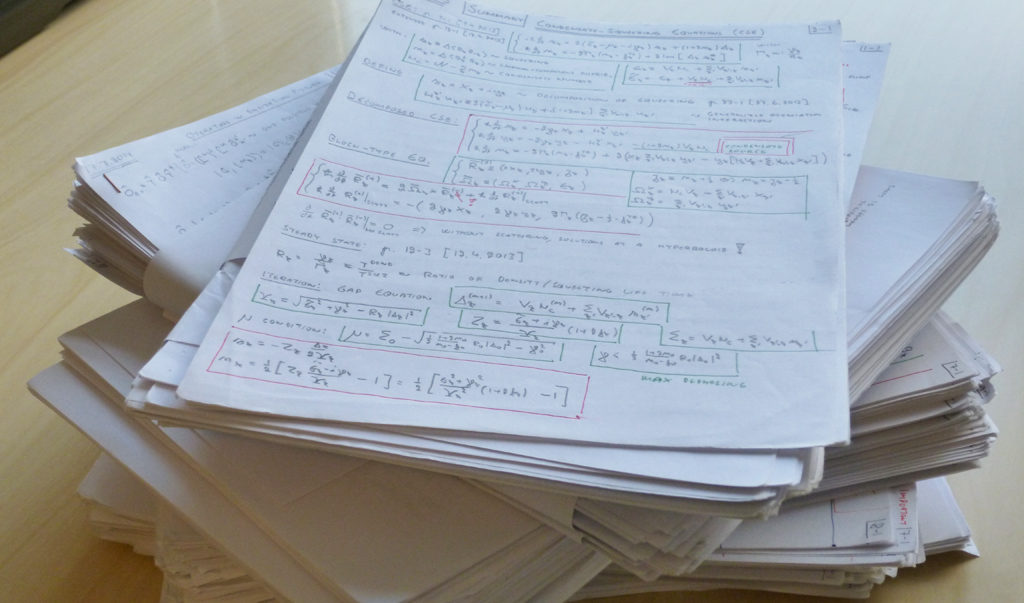The most dramatic advancements in nanoscience and technology can be realized by optimizing individual quantum processes and by adding new processes to the design repertoire. My group develops realistic first-principles quantum theory that includes both many-body and quantum-optical interactions by rigorously identifying particle clusters participating in diverse quantum processes.
We are developing a cluster-expansion-based quantum theory that allows us to realize:
1) Semiconductor quantum optics to integrate the ideas of quantum optics and semiconductor technology.
2) Quantum-optical spectroscopy that fully utilizes quantum fluctuations of light to select desired quantum processes among multiple excitation paths.
3) Terahertz spectroscopy with intense few-cycle pulses to realize high-harmonic generation, and other quantum processes for ultrafast electronics and photonics.
4) Atomic Bose-Einstein condensates with strong interactions to test quantum-interaction effects with macroscopic systems.
We use the same fundamental theory (e.g. cluster expansion for Coulomb and light-matter interactions) to describe diverse systems and phenomena quantitatively, without phenomenological input. Our typical operation mode involves extensive collaborations with experimentalists, which allows us to rigorously test our quantum concepts and designs. We believe such joint theory-experiment efforts efficiently and systematically explores new quantum phenomena for nanotechnology. As few demonstrations of this approach, we have recently discovered dropletons, quasiparticle accelerator, quantum-memory effects, and quantum interferences in high-harmonic generation.
Many thanks for your interest in our quantum research, Mack Kira

